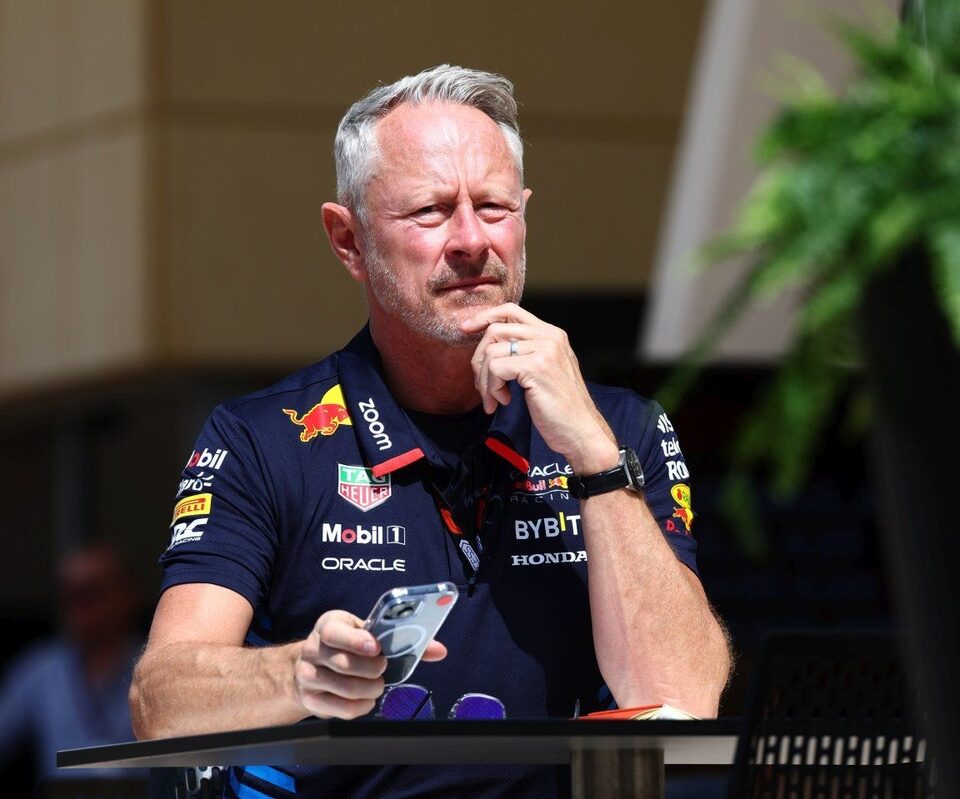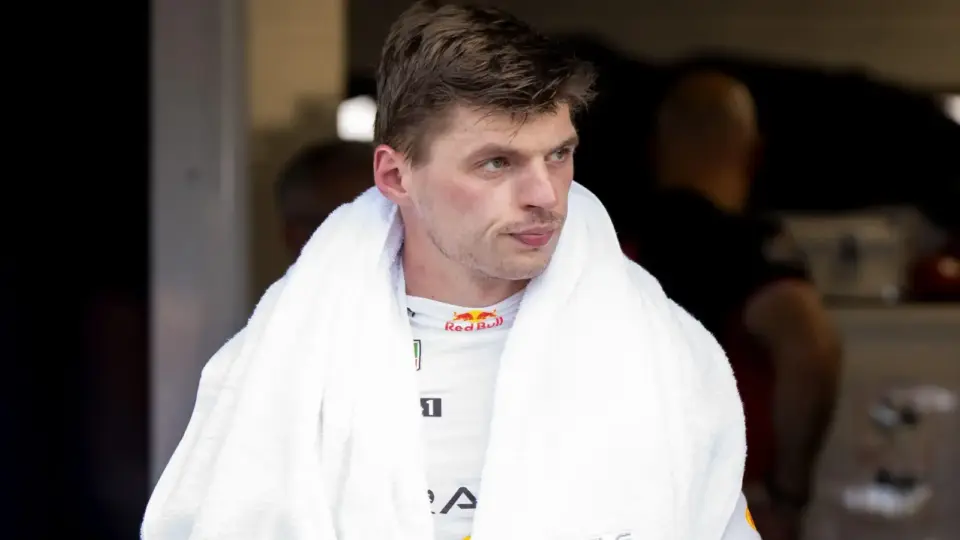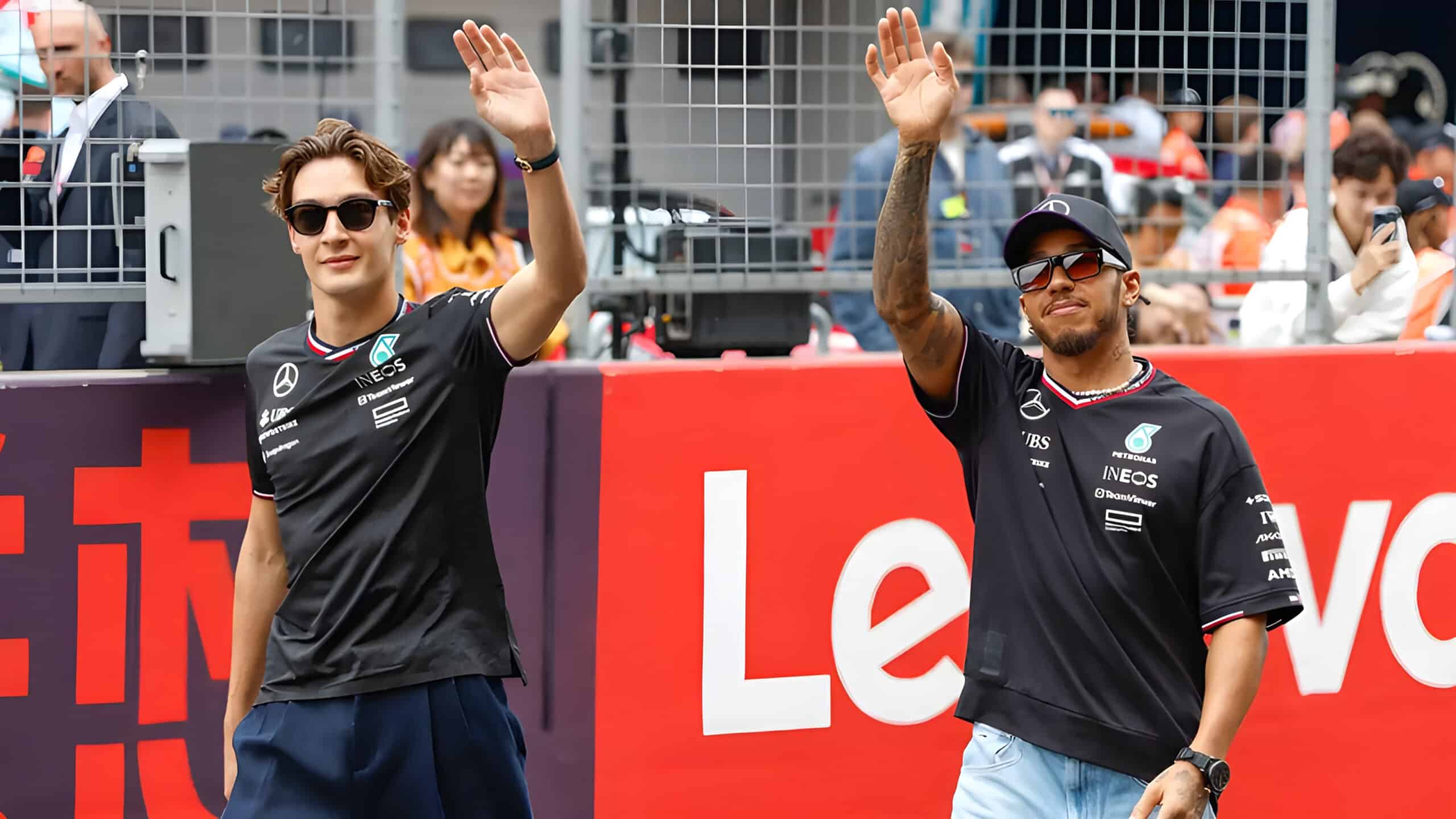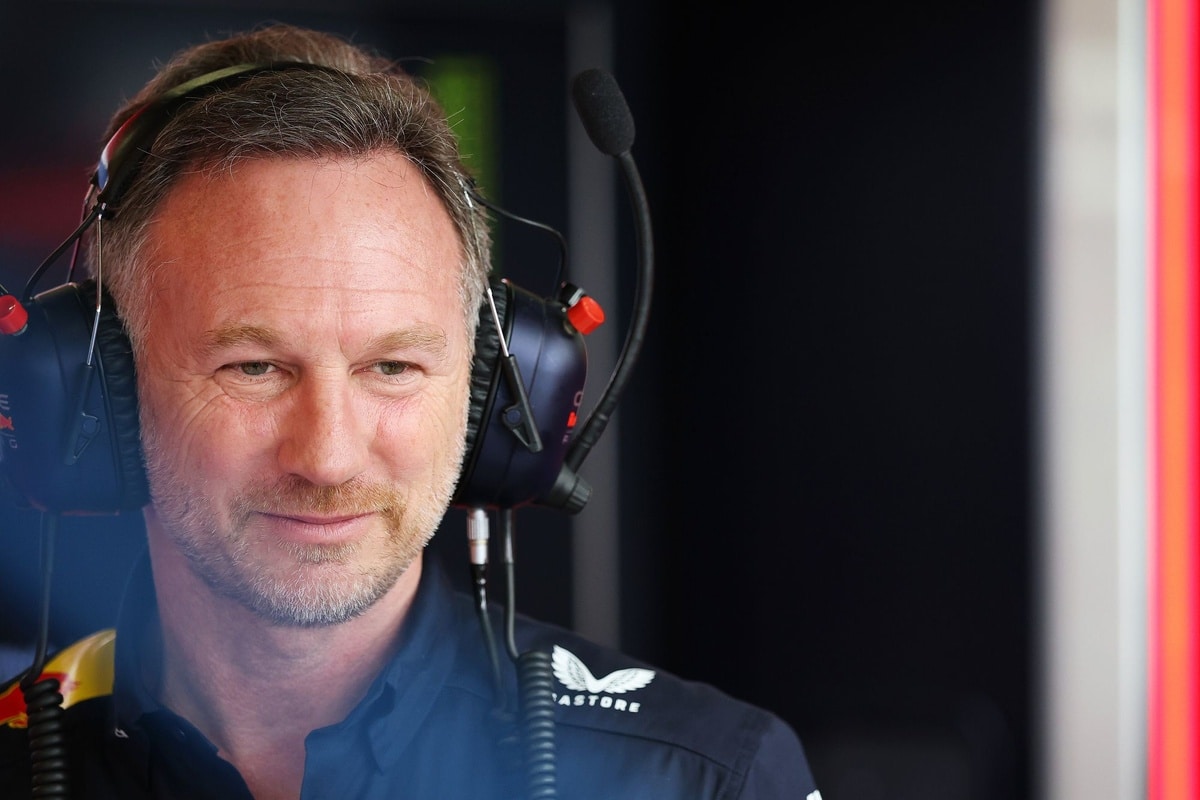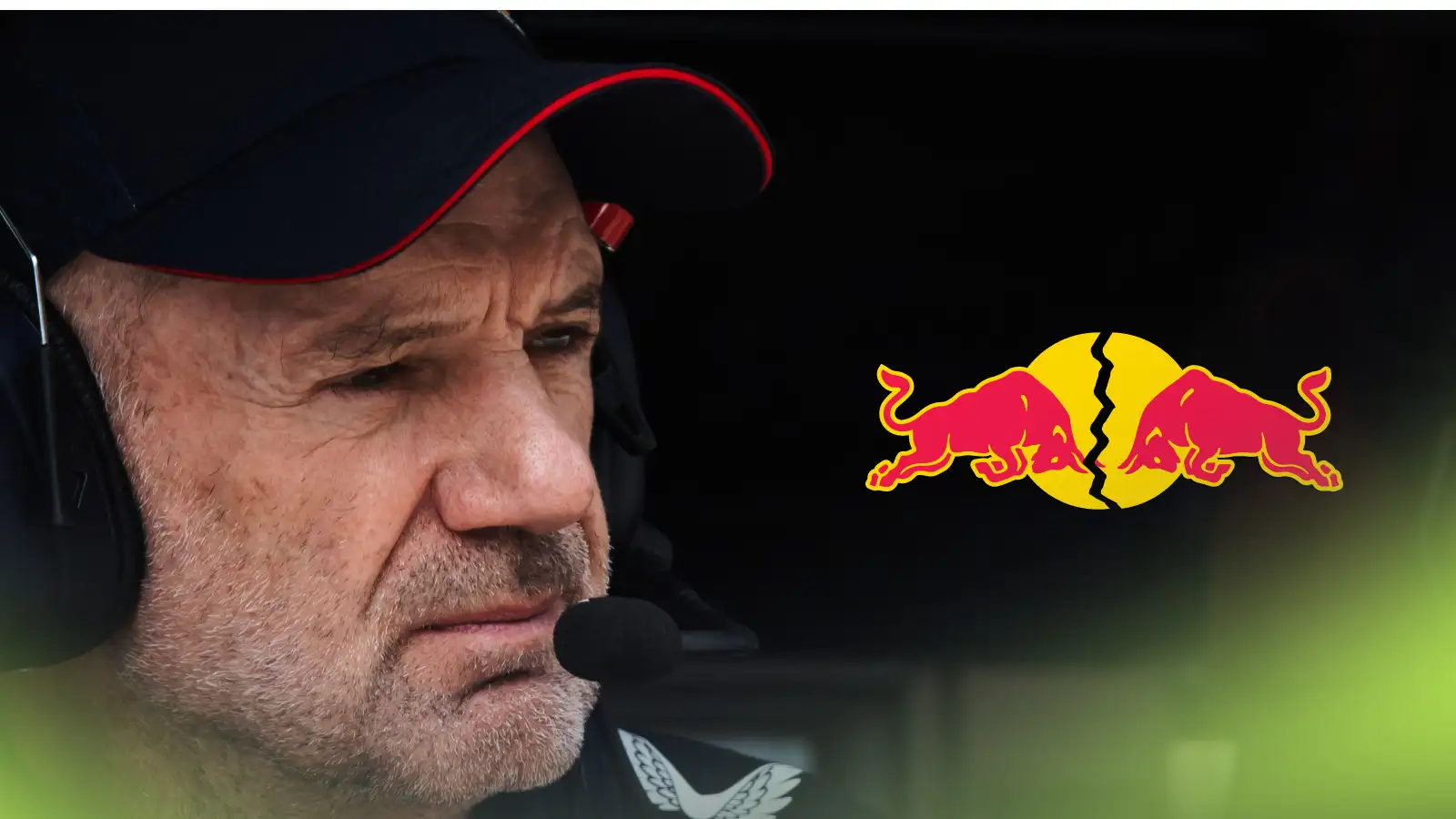Red Bull Racing is making headlines with the announcement that Jonathan Wheatley, their long-serving sporting director, will be leaving at the end of the season. After 18 years with the team, Wheatley is set to take on the role of team principal at the Audi F1 team.
The departure of Wheatley marks the end of an era for Red Bull. Throughout his tenure, he played a pivotal role in the team’s success, contributing significantly to their multiple championship wins. However, it’s not just his exit that’s creating buzz; veteran designer Adrian Newey is also stepping away, prompting a significant restructuring within the team.
Sources reveal that instead of looking for new talent externally, Red Bull plans to promote from within. This move is seen as a way to freshen up the management structure while complying with F1’s cost cap regulations. Christian Horner will stay at the helm, but the management team will undergo a major overhaul, which could include reintroducing the team manager role previously held by Wheatley.
Pierre Wache, another key figure in the team, has been offered new terms amidst these changes. There are speculations that Max Verstappen’s race engineer, Gianpiero Lambiase, could be promoted to a more prominent position, effectively splitting Wheatley’s responsibilities. Meanwhile, Red Bull seems focused on internal evolution rather than external recruitment.
Wheatley’s aspiration to be a team boss has been well-known within the paddock. Earlier this year, he was even linked to Horner’s job during an internal investigation. Despite the temporary tension this created, Wheatley demonstrated his loyalty by signing a letter of support for Horner. Now, his upcoming move to Audi represents a new chapter in his career.
Audi, which has taken over the Swiss-based Sauber, is gearing up for their 2026 season with their own car and engine. Wheatley’s appointment comes as part of their efforts to revamp their management. Interestingly, Mattia Binotto, Audi’s new chief operating and technical officer and former Ferrari team boss, had no involvement in Wheatley’s hiring.
Despite the shakeup, some insiders believe Red Bull is not in turmoil but rather undergoing a natural evolution. The departures of high-paid veterans like Wheatley and Newey could be a strategic move to trim costs, ensuring the team remains competitive under the new financial regulations. In any case, the coming months will be crucial as Red Bull navigates these significant changes.
Red Bull’s internal promotions indicate a strong belief in their existing team members. By leveraging the talent they have nurtured over the years, they aim to maintain their competitive edge. This approach not only helps in cost management but also strengthens the team’s core by recognizing and rewarding internal talent.
In conclusion, while the exits of Wheatley and Newey might spark speculations, they also highlight Red Bull’s commitment to evolving and adapting in the fast-paced world of Formula 1. The upcoming season will be a true test of their revamped management structure and their ability to stay at the top of their game.
The departure of key figures like Wheatley and Newey signals significant changes within Red Bull Racing. As the team looks inward for new leadership, it reflects a blend of evolution and strategic cost management, setting the stage for a thrilling next chapter in their Formula 1 journey.
